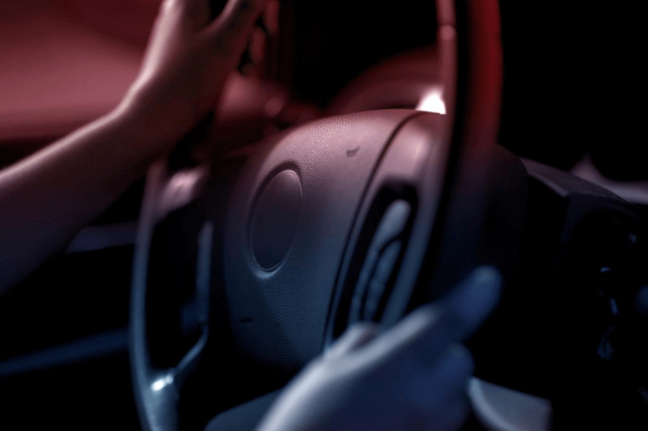This is a subtitle for your new post
Have you been arrested for driving under the influence?
It can be a stress-filled time especially if you are awaiting trial. You may be concerned about the consequences in case you are convicted. You may also not be sure what pieces of evidence can be used by the prosecutor’s office against you.
Will you be able to just go to the court and deny that you were driving under the influence?
Not likely.
The prosecutor collects evidence before putting up their case for trial. Here is a list of evidence that can be used against you if you are charged for driving under the influence.
Evidence for a DUI Case
Any typical driving under the influence case comes with plenty of evidence. The prosecutor’s office will have different types of evidence at their disposal. Here is a list of evidence you can expect to be presented against you in the court.
1. Chemical Test Results
The first and the most important piece of evidence in a DUI case are the chemical test results. The law requires you to submit a chemical testing if you are arrested on the charges of drunk driving or driving under the influence. Officers will check you for your blood alcohol content on the spot. It may be checked by a urine, blood or breath test. This is the key piece of evidence the prosecution team has against you.
2. Field Sobriety Test Results
Another important piece of evidence that can be used against you in a DUI case is the Field Sobriety Test. The arresting officer may put you through some standardized Field Sobriety Tests to find out if you are sober or not. These tests include the walk and turn test, the horizontal gaze nystagmus test and the one-legged stand test. The results of these tests are admissible in court and can be used as evidence against you.
3. Driving Behavior
The arresting officer may have observed you drifting, weaving, speeding or exhibiting any other driving behavior that reflects that you were driving under the influence. These driving behaviors indicate that you were driving while impaired. The arresting officer can testify their findings and observations when you are put to trial in a DUI case.
4. Eye Witness Testimony
Were there any eyewitnesses of your DUI behavior? If yes, then they can be called to testify against you in a DUI case. They can testify about your driving behavior and apparent level of impairment that reflect that you were driving under the influence.
5. Video Evidence
Your episode of driving under the influence may have been caught on video by the dashcam of the arresting officer. This recording can be used by the prosecutor’s office against you as it gives a clear account of what happened.
If you are charged in a DUI case, then it is important to find out what piece of evidence the opposing council has against you. It will help you go well-prepared for the trial. It is best to hire a DUI attorney to help you out in a DUI case.



